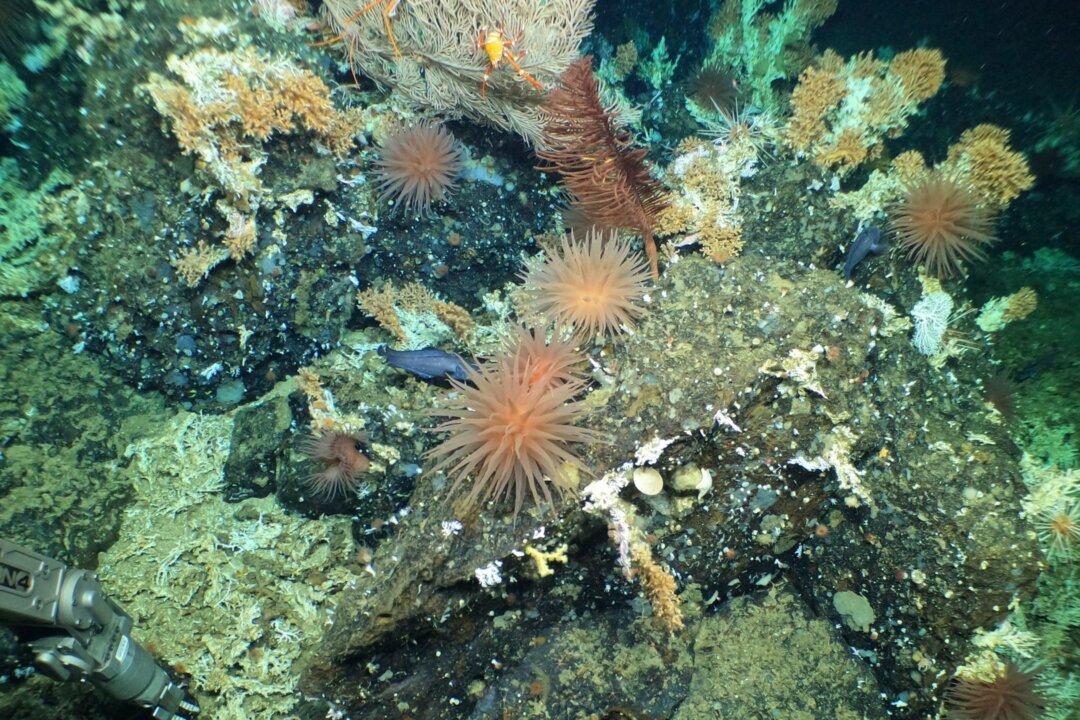Scientists have discovered an unknown coral reef with flourishing marine life off Ecuador’s Galápagos Islands, the country’s environment minister said.
“A deepwater scientific expedition has found the first totally pristine coral reef, approximately two kilometres long, at 400 metres [deep], on the summit of a submarine mountain,” Environment Minister Jose Davalos announced in a Twitter thread on Monday. “Galapagos surprises us again!”




